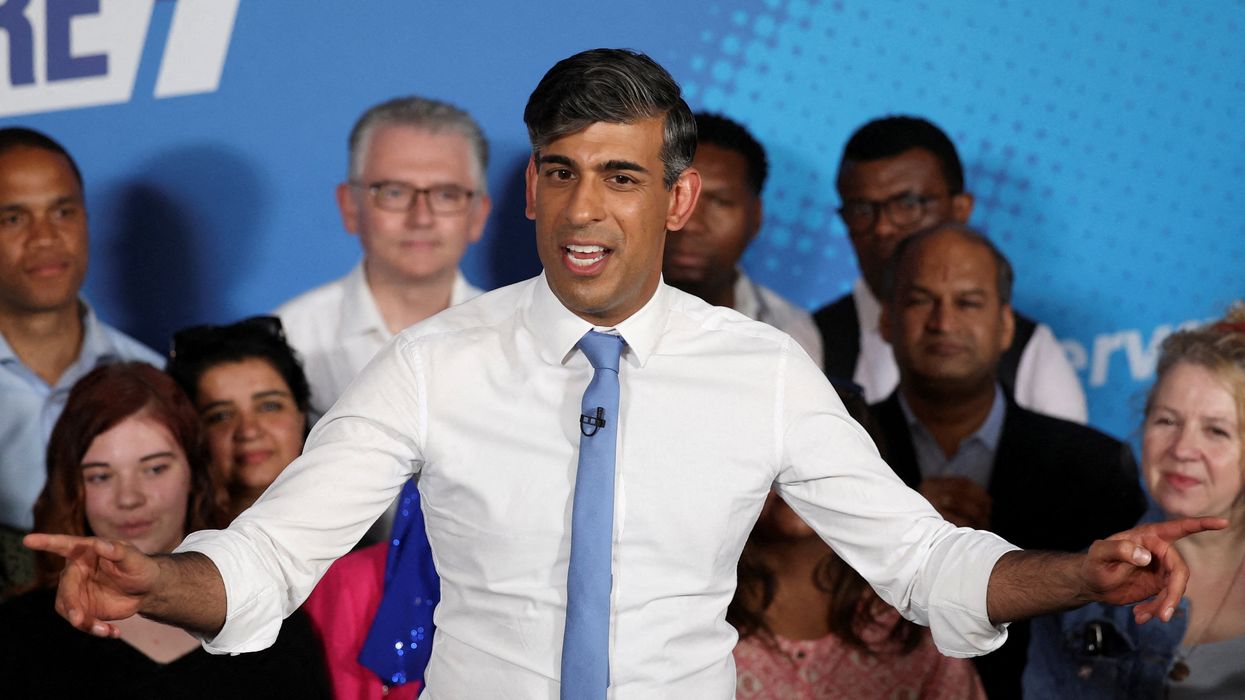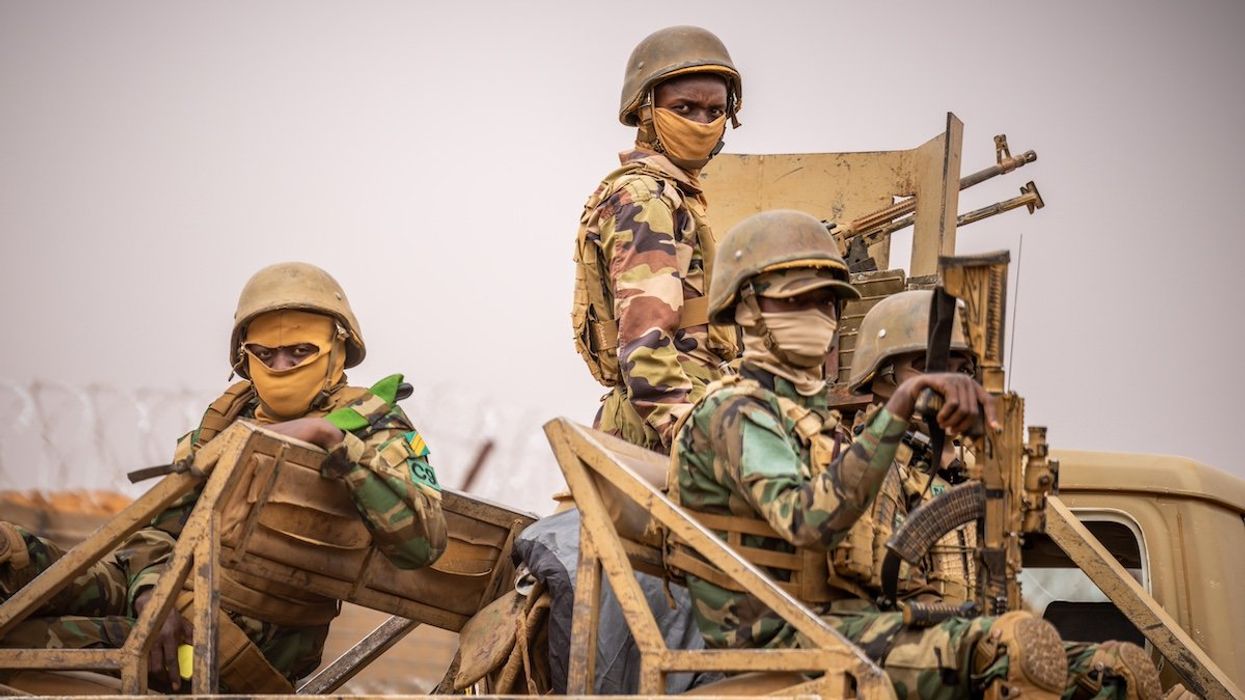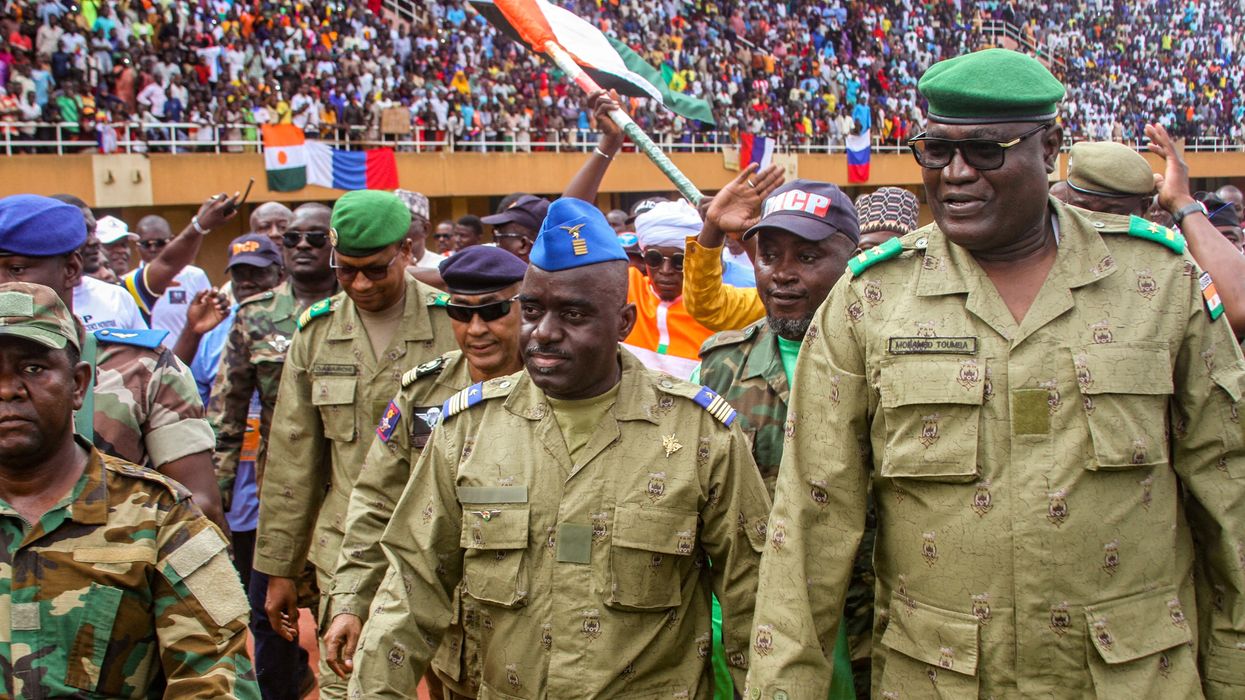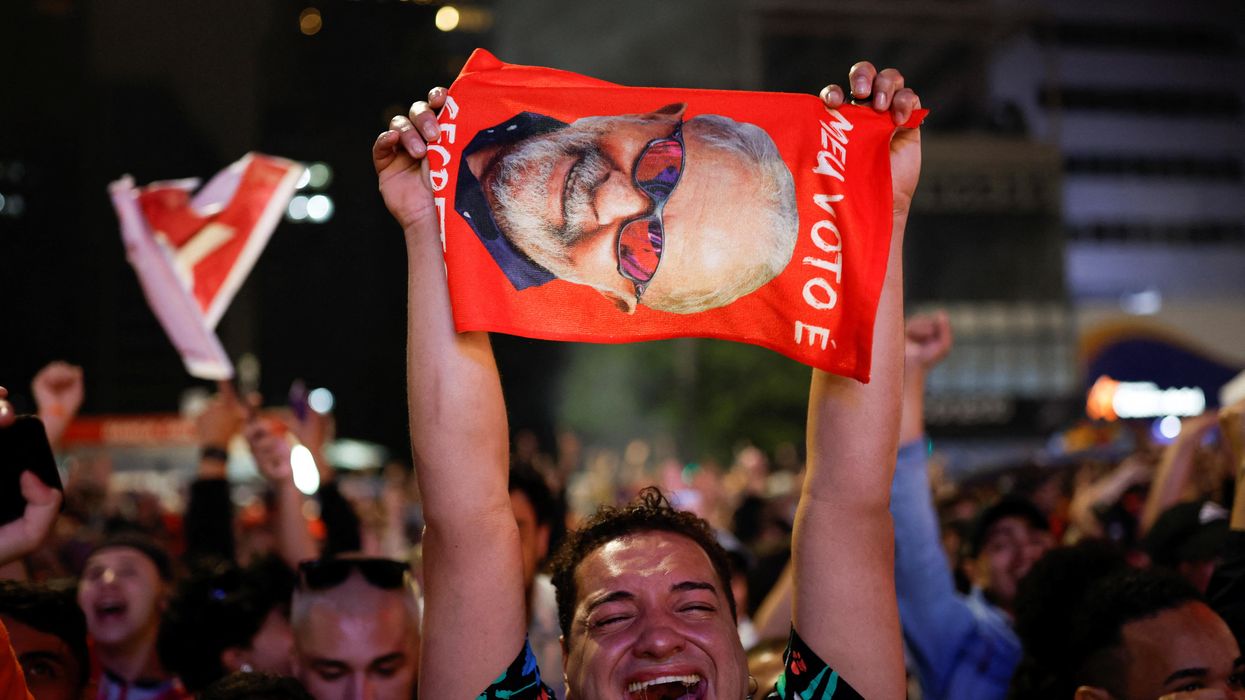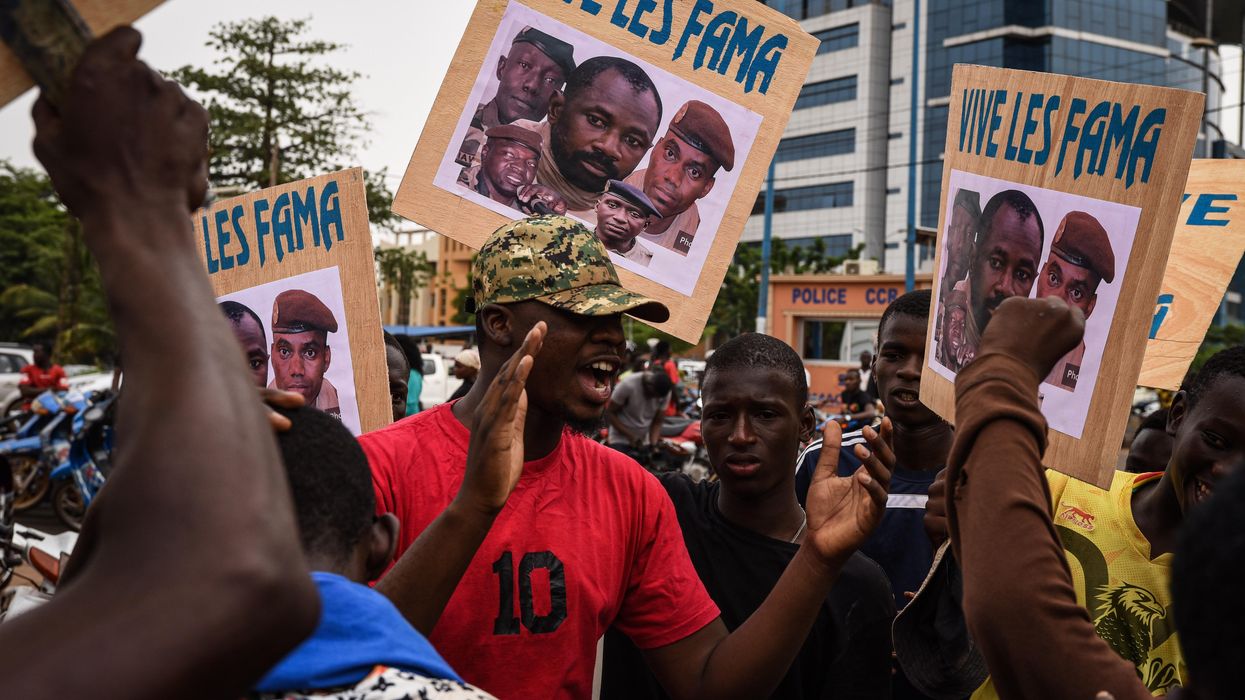Hard Numbers
Hard Numbers: Sunak shows up, Indonesia busts cyber racket, US sentences drug-trafficking ally, West Africa puts a price on security
50-50: British PM Rishi Sunak may be on the ropes these days — his polling numbers are in the gutter, his party is engulfed in a betting scandal, and he even got roasted by Menswear guy.
Jun 27, 2024
